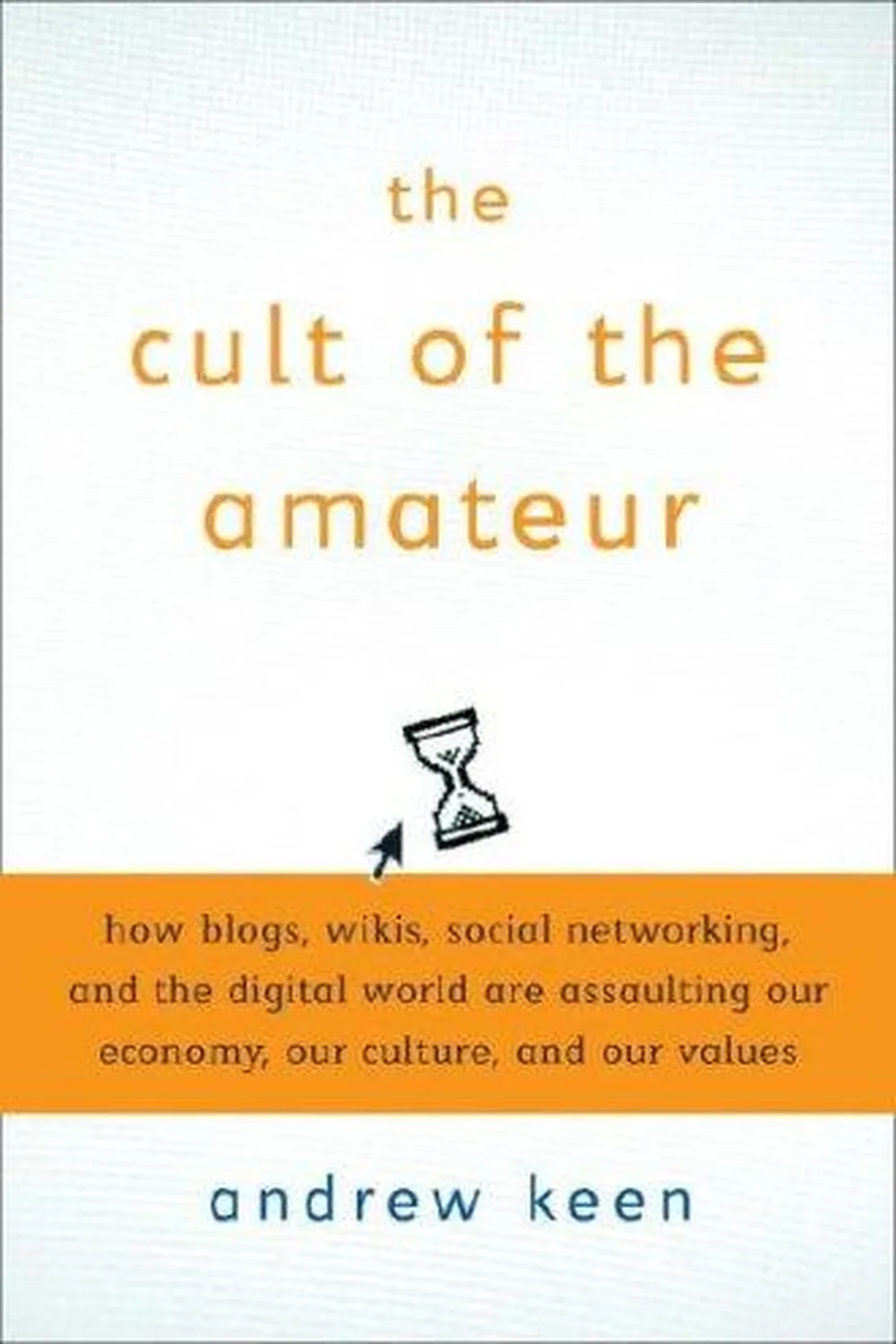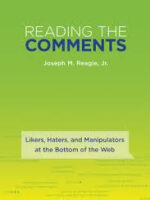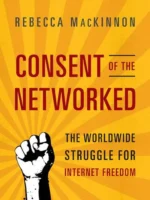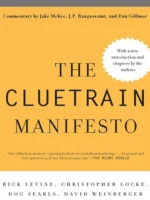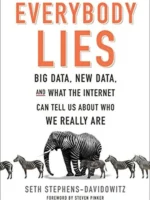The Cult of the Amateur: How Today’s Internet Is Killing Our Culture Review
The Cult of the Amateur by Andrew Keen argues that Web 2.0 flattened expertise and flooded culture with noise: when everyone publishes, editorial standards erode, attention fragments, and professional creators are undercut. It’s a provocation that asks who pays for quality in a free world.
Overview
Keen critiques user-generated content, piracy, platform economics, and the decline of gatekeepers in journalism, music, and film. He contrasts professional vetting with algorithmic popularity and ad-driven incentives.
Summary
Claims: crowds don’t reliably filter truth; free destroys business models for costly reporting and production; platforms capture value while creators compete with “good enough.” He calls for renewed respect for expertise and sustainable funding for cultural goods.
Authors
Andrew Keen writes as an industry insider turned critic—pugnacious, polemical, sometimes sweeping.
Key Themes
Expertise vs populism; economics of “free”; platform power; cultural scarcity amid informational abundance.
Strengths and Weaknesses
Strengths: sharp diagnosis of incentive problems and early warning on platform capture. Weaknesses: underestimates hybrid models (subscriber/creator economies) and overgeneralizes about amateur quality.
Target Audience
Editors, journalists, cultural policymakers, creators, and readers weighing quality vs scale.
Favorite Ideas
Incentives beat ideology; without business models, “public good” work decays; algorithms are editors with opaque values.
Takeaways
If you want high-quality culture, fund it and design platforms that reward it. Popularity metrics alone won’t safeguard truth or craft.

